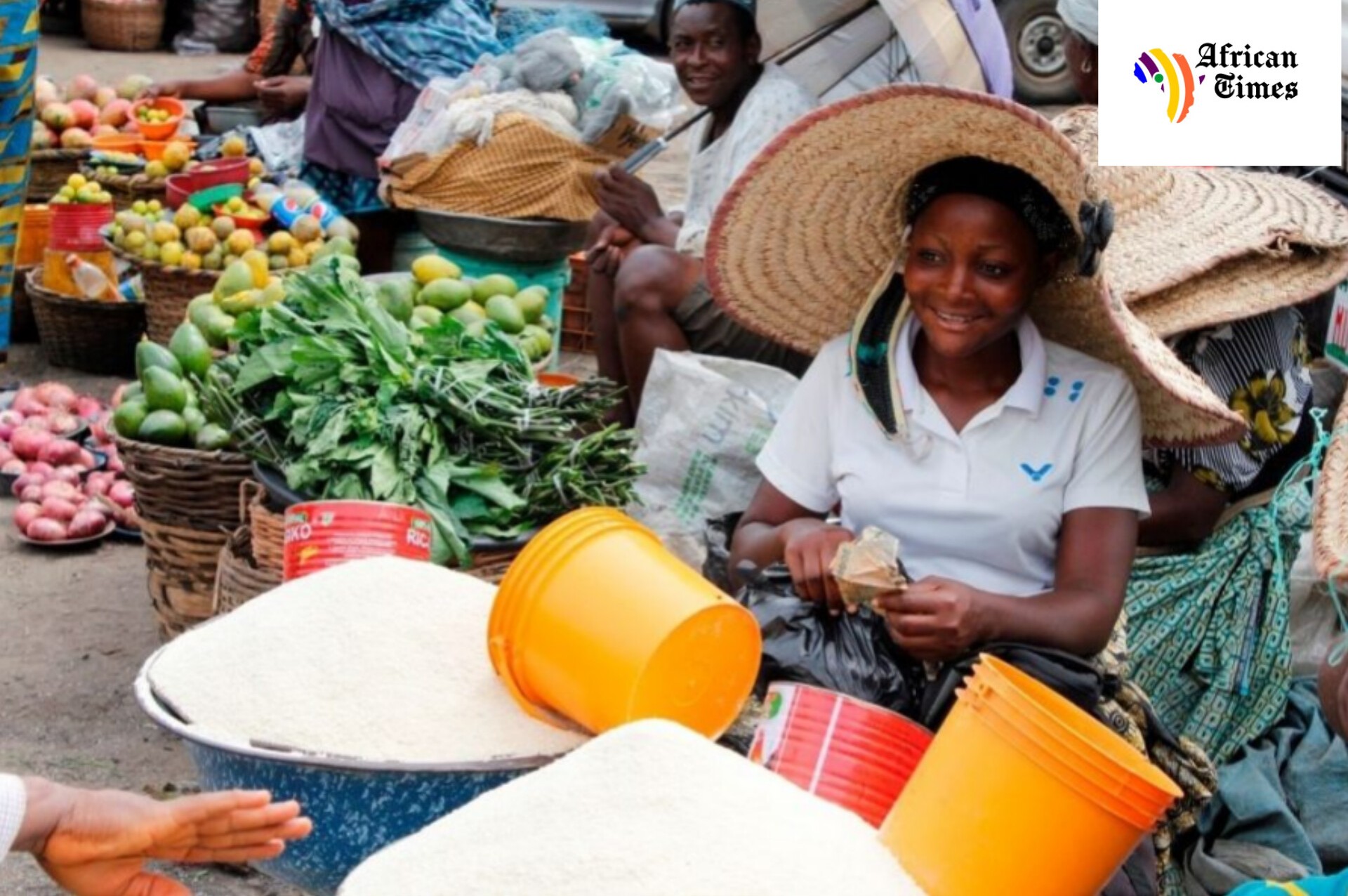Nigeria: FCCPC issues stern warning against indiscriminate price hikes in food supply chain

The Federal Competition and Consumer Protection Commission (FCCPC) has taken a firm stance against the alarming trend of price increases in the food chain sector, cautioning all stakeholders against unjustified hikes in food prices.
In a press release issued by Dr. Adamu Abdullahi, Acting Executive Vice Chairman of FCCPC, today, Friday February 9, 2024, in Abuja, the commission emphasised its zero-tolerance policy towards price gouging, asserting that severe legal repercussions await offenders.
Dr. Abdullahi highlighted the findings of FCCPC’s surveillance efforts, revealing a concerning pattern of conspiracy, price gouging, hoarding, and other unfair practices among participants at various levels of the food distribution and retail chain.
He condemned the exploitation of consumers’ anxiety and vulnerability by certain entities in the food sector, describing such actions as reprehensible, exploitative, and illegal, ultimately distorting competition within the market.
Warning all businesses involved in activities contributing to price gouging, Dr. Abdullahi stressed the imperative for immediate cessation of such practices, cautioning that those found in violation of consumer protection regulations would face stringent legal penalties.
“The Commission remains steadfast in its commitment to addressing critical consumer protection and competition issues within the food chain sector,” he affirmed, underscoring the importance of upholding fair market practices to safeguard consumer interests and promote healthy competition.
The surge in food costs has created a significant ripple effect across Nigerian households and food-related businesses, including restaurants, caterers, vendors, and bakeries.
Many Nigerian families have been forced to trim down their food consumption, shifting from the traditional three square meals a day to just two or even one meal.
A recent market analysis by the Daily African Times reveals a staggering increase in food prices from 2023 to 2024, with some items experiencing a spike of up to 50 per cent in less than twelve months.
Previously, a kilogram of chicken retailed for N2,200, but now commands a price tag ranging between N3,800 and N4,000. Similarly, a 50kg bag of rice, once priced between N45,000 and N50,000, now fetches between N55,000 and N65,000. Meanwhile, the cost of a 50kg bag of beans has surged from the range of N60,000 – N65,000 to N70,000 – N90,000.
Other staples have witnessed similar price hikes: a bag of garri, previously selling for N20,000 – N25,000, now costs between N35,000 and N50,000. Additionally, a mudu of flour, which was priced at N1,200 in 2023, now commands N2,500.
The escalation isn’t limited to grains and proteins; basic commodities like granulated sugar and palm oil have also seen sharp increases. A mudu of granulated sugar that was N1,800 last year now demands N3,000, while a litre of palm oil has jumped from N800 to N1,300.
Moreover, seasonal fluctuations have further exacerbated the situation, particularly affecting vegetable prices such as pepper, onions, and tomatoes. In Lagos, a large basket of tomatoes costs between N15,000 and N20,000 during peak season, skyrocketing to N30,000 – N40,000 during off-season periods.
Convenience foods haven’t been spared either. A family-sized loaf of bread, previously priced at N700, now retails for N1,200, marking a substantial increase of N500.
Similarly, the cost of spaghetti has risen from N500 to N700 per 500-gram pack, while a 120-gram pack of noodles, once N200, now fetches N350.
Moreover, the price of a crate of eggs has nearly doubled, ranging from N4,000 to N6,000, depending on the egg size, compared to the previous range of N2,000 – N3,000.







